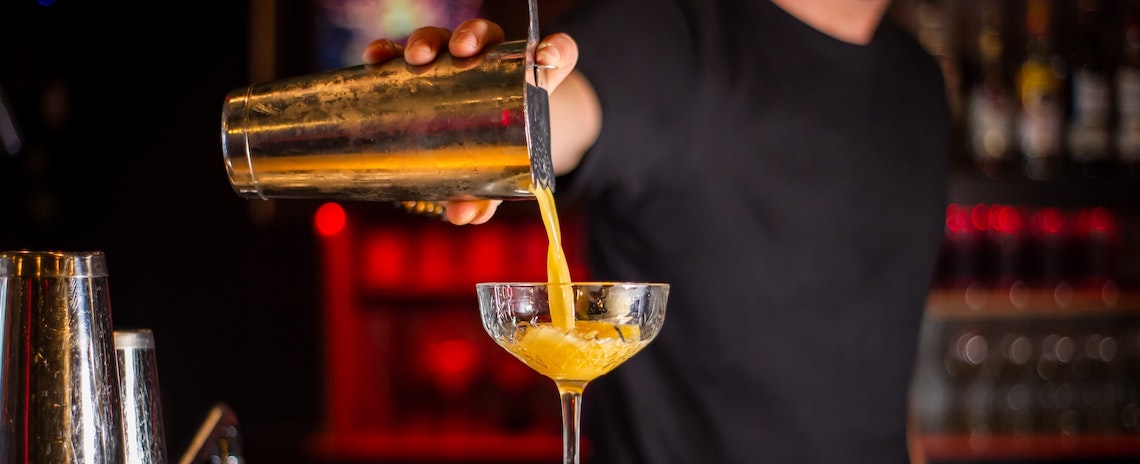
Photo by Louis Hansel on unsplah.com
Written by Business Journal staff
A new law mandating California bars and nightclubs to offer drug testing devices for sale or at no cost to patrons will take effect beginning July 1.
AB 1013 (Lowenthal) requires establishments with a Type 48 license from the California Department of Alcoholic Beverage Control (ABC) to have signage displayed in a prominent and conspicuous location, letting patrons know that drug testing kits are available to test for common date-rape drugs, often referred to as “roofies.”
The required signage displays a message reading, “Don’t get roofied! Drink spiking drug test kits available here. Ask a staff member for details.” A sample sign is available on ABC’s website and can be downloaded and printed by licensees.
Licensees will be responsible for procuring testing kits. ABC does not sell or provide kits, and does not recommend or endorse any specific company that does, according to a news release.
An online retail search shows 20 test strips selling for $10.
The new law impacts approximately 2,400 licensees across California. Type 48 licenses are issued to bars and night clubs. The license authorizes the sale of beer, wine, and distilled spirits for consumption on the premises where sold. Minors are not allowed on the premises and food service is not required.
A search of ABC online records shows 59 active Type 48 licensees in Fresno County, seven in Kings County, six in Madera County and 15 in Tulare County.
Additionally, Type 48 licensed premises must either offer the drug testing devices for sale to customers at a price not to exceed a reasonable amount based on the wholesale cost, or be given to customers free of charge. Drug testing devices could include test strips, stickers, straws or other devices that can detect the presence of controlled substances in drinks. These substances could include flunitrazepam, ketamine, and gamma hydroxybutyric acid.
License holders who do not comply with the new law could face administrative actions impacting their licenses.







